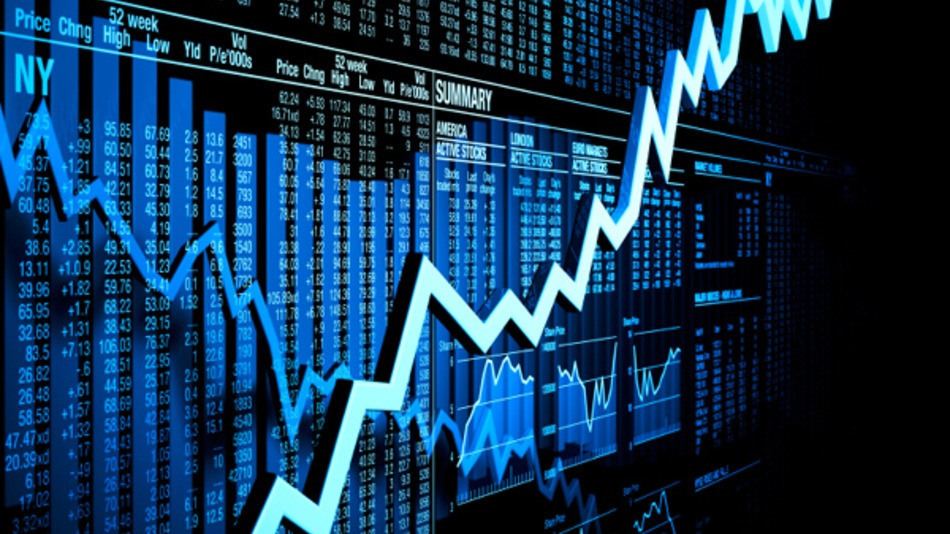How to Trade Stock Indices with CFDs
- Written by News Company

Traders who want to learn to make a profit have multiple options, many of which include taking large positions in just one or two stocks. In order to avert that type of risk, you can trade entire stock indices. This strategic system is often referred to as "trading the indices," or "trading an index." You can trade dozens of indices or specialize in watching the moves in just one, like the Frankfurt Stock Exchange's DAX, also known as the GER30. You can start off quickly and with very little initial capital if you trade Contracts for Difference on any or all the indices. Contracts for Difference (CFDs) allow smaller-stakes players to get into the index trading business and earn a profit for themselves or their business.
What Indices to Trade
Traders have their choice among a vast number of indices but most beginners stick to the biggest ones. This allows for fast trade executions and you can be sure there's always a ready market with thousands, even millions, of buyers and sellers at any minute of the trading day. The largest and most-actively traded indices include the S&P Global 100, Russell Global, S&P Global 1200, the FTSE All-World, the DAX (or GER30), the Dow Jones Global Titans 50, and many more regional-based indices in Asia, Europe and elsewhere.
How to Trade Indices Via CFDs
Trading indices is an age-old trading system preferred by individuals and institutional investors alike. Using CFDs to trade global indices is a relatively new concept that has flourished in the past few years. Here's how it works:
You buy the CFD on a particular index without owning the underlying security. You can purchase CFDs on virtually anything: a stock, an index, a bond or a commodity. Traders simply place buy or sell orders when they use CFDs, essentially predicting that the price of the underlying asset, an index in this case, will go up or down. If you purchase one CFD "to buy at x price" on the DAX, for example, and the DAX rises well above price x, then you have made a profit on your contract of the "difference" between the new price and whatever the value of x was.
Advantages of Trading CFDs
People often ask, "Why not just buy shares of the index itself rather than using a CFD?" The advantages of CFDs are numerous. First, you aren't subject to strict market-trading rules concerning margin and short-selling. Because you don't actually own the underlying index when you buy a CFD, you can short sell and use borrowed money to make trades.
For new investors and people who don't have large amounts of capital, these are the two main reasons they decide to buy Contracts for Difference. There's a double advantage when you leverage the power of CFD trading and take a position in indices. You no longer have to spend hours of research time on individual companies. You're simply making a general determination on the state of the market, predicting whether it will go up or down.











